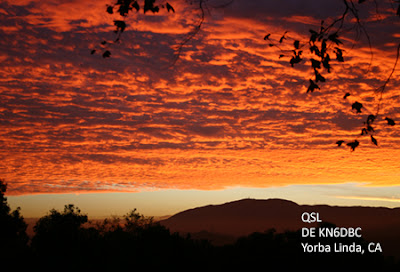Learning the Code
I hear fellow hams from time to time expressing frustration over not being able to pick up on CW. I get it. Learning CW is a bit like learning a new language, and that's not an easy thing to do. The CW requirement, long since dropped, is one of the first barriers that stopped me from becoming a licensed amateur back in my SWL days. I now consider CW to be one of the most enjoyable things about amateur radio. Here's how it happened. There are a couple things to get out of the way before beginning this discussion. First, my CW proficiency is a work in progress. I'm not First Class Operator material by a long ways, and I still have a lot to learn. Secondly, there are a number of organizations, like the Long Island CW Club and the CW Academy , who provide structured courses for learning CW. These organizations have long lists of alumni with solid fists and solid copying skills. If you're considering taking one of these courses, nothing in this post should dissuade you f...
